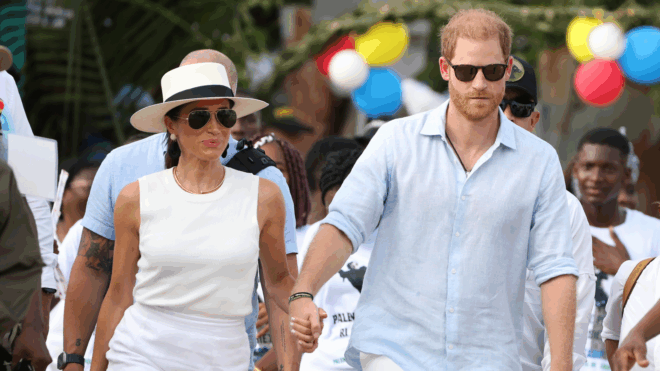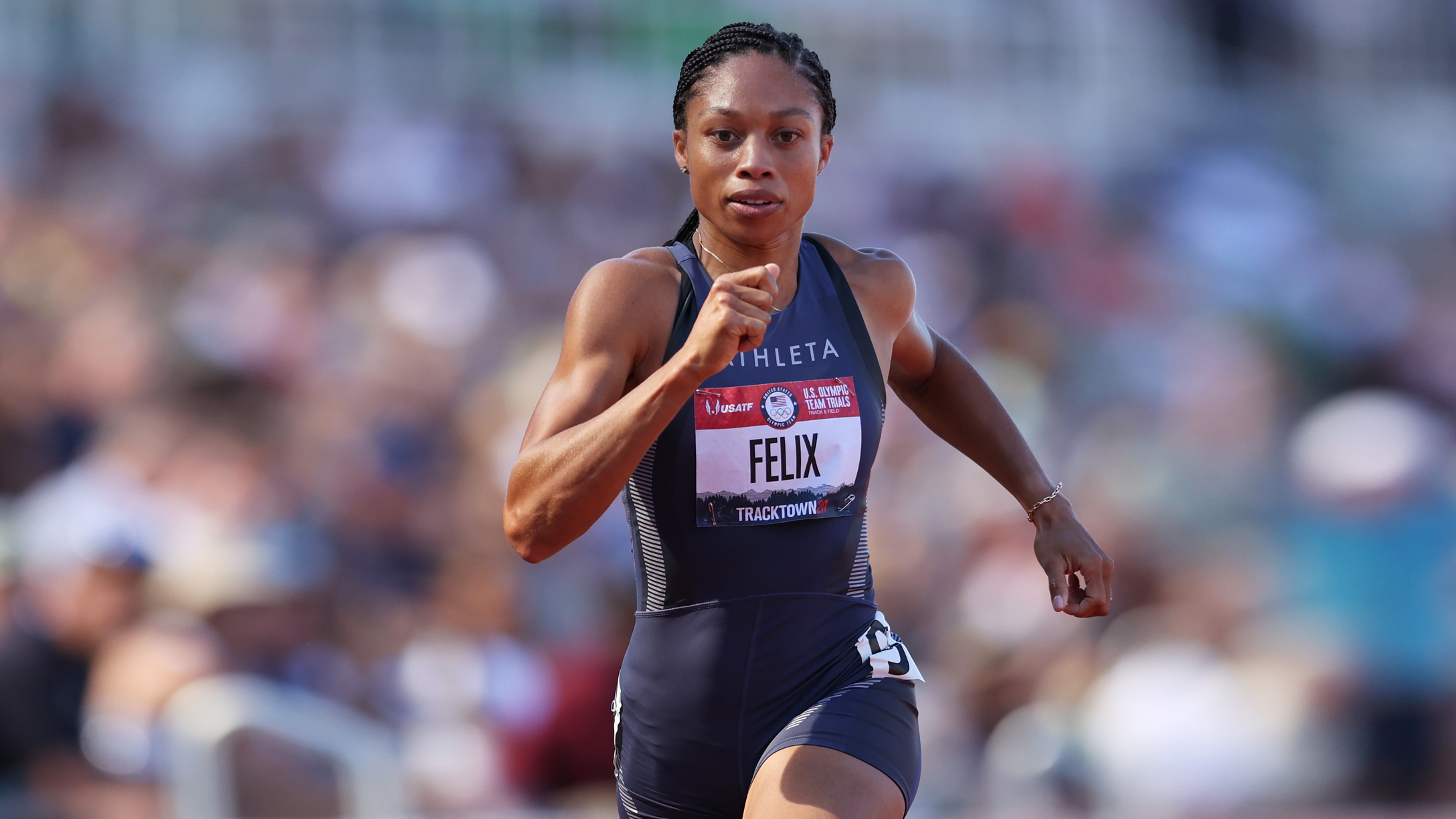
In this article
The United States made its Olympic debut in 1896 but it would take another 10 years before one of the first African-American Olympic athletes — John Baxter Taylor Jr. — would win a gold medal. Over time The Olympic Games have become more diverse and inclusive — the Paralympic Games began in 1960 — but barriers and challenges still remain for BIPOC athletes in 2021. Here are some BIPOC Olympic athletes to watch at the 2021 Summer Games Tokyo Olympics.
What does BIPOC mean?
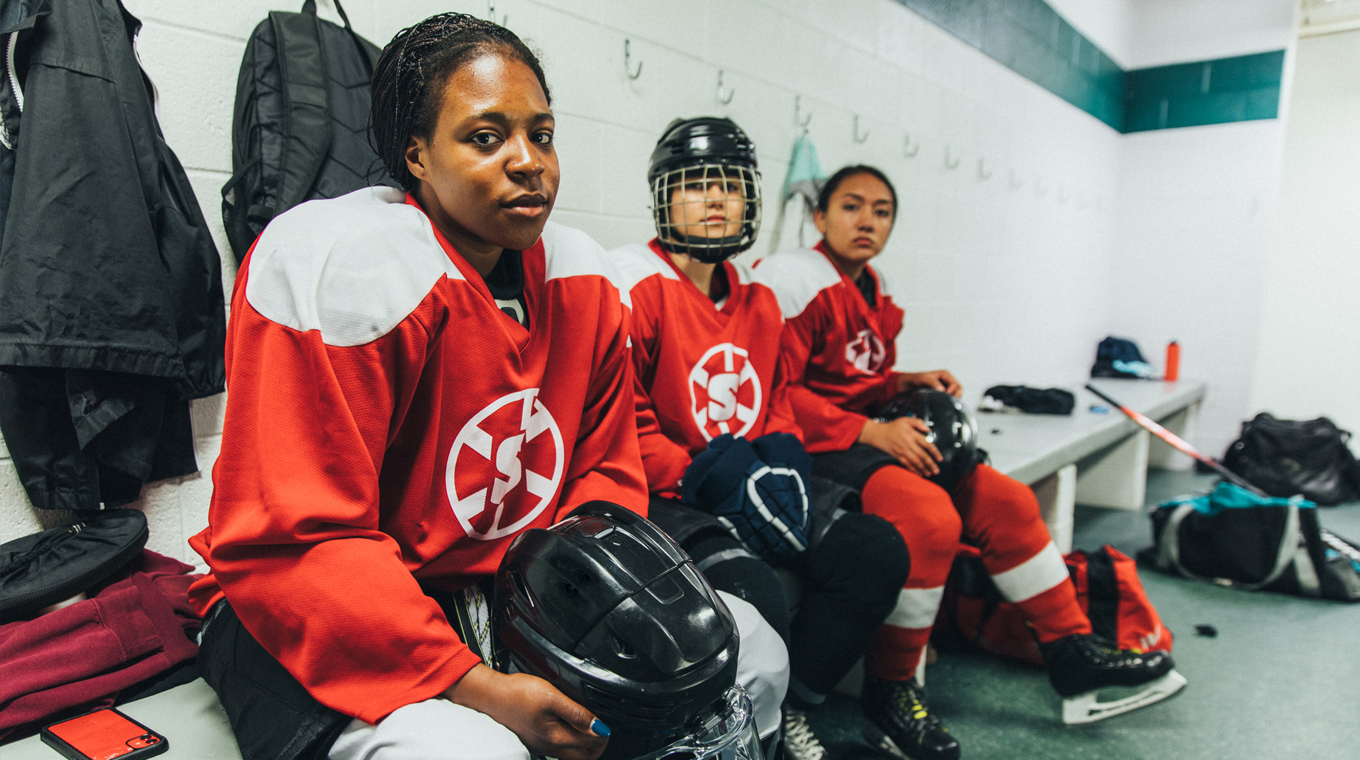
Whether you’re a fan of the term BIPOC or not, it has gone mainstream and is here to stay. In 2020, Mental Health America — a community-based nonprofit dedicated to addressing the needs of those living with mental illness — adopted the term Black, Indigenous, and People of Color (BIPOC) in place of “minority” in reference to National Minority Mental Health Awareness Month. (July is now BIPOC Mental Health Month.)
According to the organization, the term “minority” emphasizes an imbalance of power and implies inferiority. By replacing the word “minority” with BIPOC, the nonprofit hoped to help the community recognize how using certain terms can perpetuate negative stereotypes that remove an individual’s “personhood” from the equation.
BIPOC Olympic athletes to watch in 2021: Overcoming barriers to success
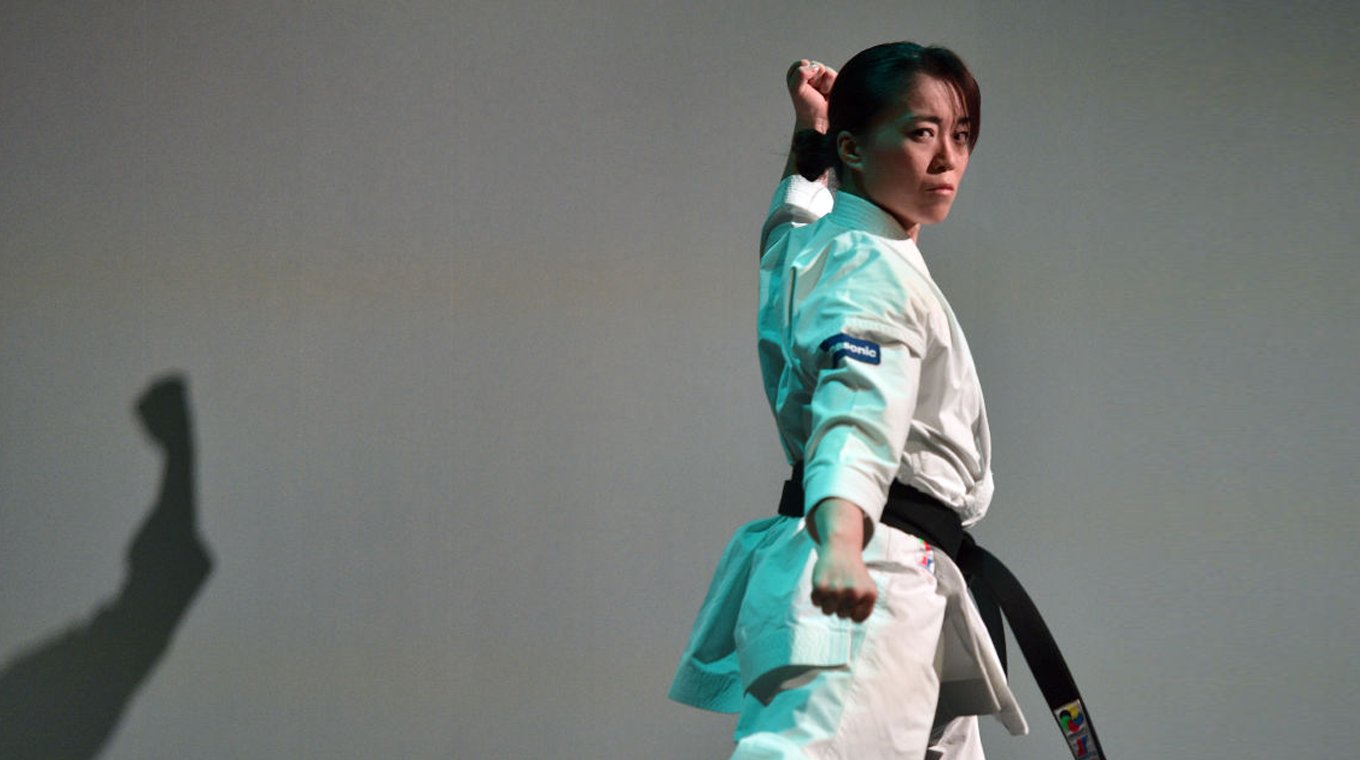
Countless Olympic athletes have faced barriers that have hindered their success in their quest for the gold during The Olympic Games. For example, in a controversial decision that looks to the outside observer as a case of making up rules just for the sake of policing Black and Brown bodies, the International Swimming Federation recently barred swim caps designed for natural Black hair. The federation is currently reviewing the swimming caps in question.
Here are other athletes who have faced barriers in their journey to the Olympic games.
Naomi Osaka
Earlier this year, tennis professional Naomi Osaka briefly came under fire for refusing to talk to the media after her first-round victory at the French Open in May. The Japanese tennis star cited prioritizing her mental health. Eventually, all fines and penalties against Osaka were reversed. She will not be required to speak to the media at the Olympic Games, and her situation has opened up a broader conversation about mental health in athletics.
“I’ve watched many clips of athletes breaking down after a loss in the press room and I know you have as well,” Osaka explained in a statement shared in a tweet. “I believe that whole situation is kicking a person when they’re down and I don’t understand the reasoning behind it.”
(Osaka will be representing Japan in the games — although she held dual American and Japanese citizenship until 2019, she gave up her American citizenship under Japan’s Nationality Act.)
Allyson Felix
Track and field superstar — and mom to a 2-year-old — Allyson Felix will be competing in her fifth and final Olympic Games where she’ll run the 400 and a relay in Tokyo. Felix came forward in 2019 about Nike cutting ties with her and how unsupportive the athletic company was to her after she gave birth to daughter Camryn in 2018. It eventually led to NIke revising their maternity policy for sponsored athletes.
BIPOC Olympic athletes also face discrimination when it comes to their natural physical makeup. Beatrice Masilingi and Christine Mboma — runners from Namibia, Africa — were recently banned from the 400-meter dash due to their naturally high testosterone levels.
Sha’Carri Richardson
Although Richardson won’t be competing in the games, her name will definitely not be absent. One of the world’s fastest women, the 21-year-old was slated to do big things in Tokyo this year. The Olympic athlete was suspended after testing positive for THC. Fans argued that without proper coping mechanisms in place, young adults often struggle under pressure and when faced with stressful situations — as in Richardson’s case, the death of a parent.
Anitra Allen is a mental health advocate and the mother of an aspiring Olympian. She believes that the biggest issue in the recent online debates over Richardson is that those not connected to competitive sports are arguing whether or not this was a result of mounting pressure.
“Until you’ve seen a young athlete break down from believing they’ve disappointed their parents/coach or that they’ll miss an opportunity after losing a race/game, you can’t begin to understand the kind of pressure these athletes are facing,” Durand told Mom.com.
Sakura Kokumai
AAPI hate has also been prevalent over the course of the last year and Olympic athletes are not immune to experiencing hate crimes. Karate 4th Degree Black Belt athlete Kokumai (pictured above) — the first American to qualify for the Olympic Games in karate — recounted her experience to USA Today earlier this spring.
“I was training a the park and I was walking and about to go for a run and a man just started to kind of verbally harass me in a way. It wasn’t until later that I noticed what happened because there were racial slurs at the end of the incident,” she explained in the USA Today video.
BIPOC Olympic athletes to watch in the Tokyo Olympics 2021
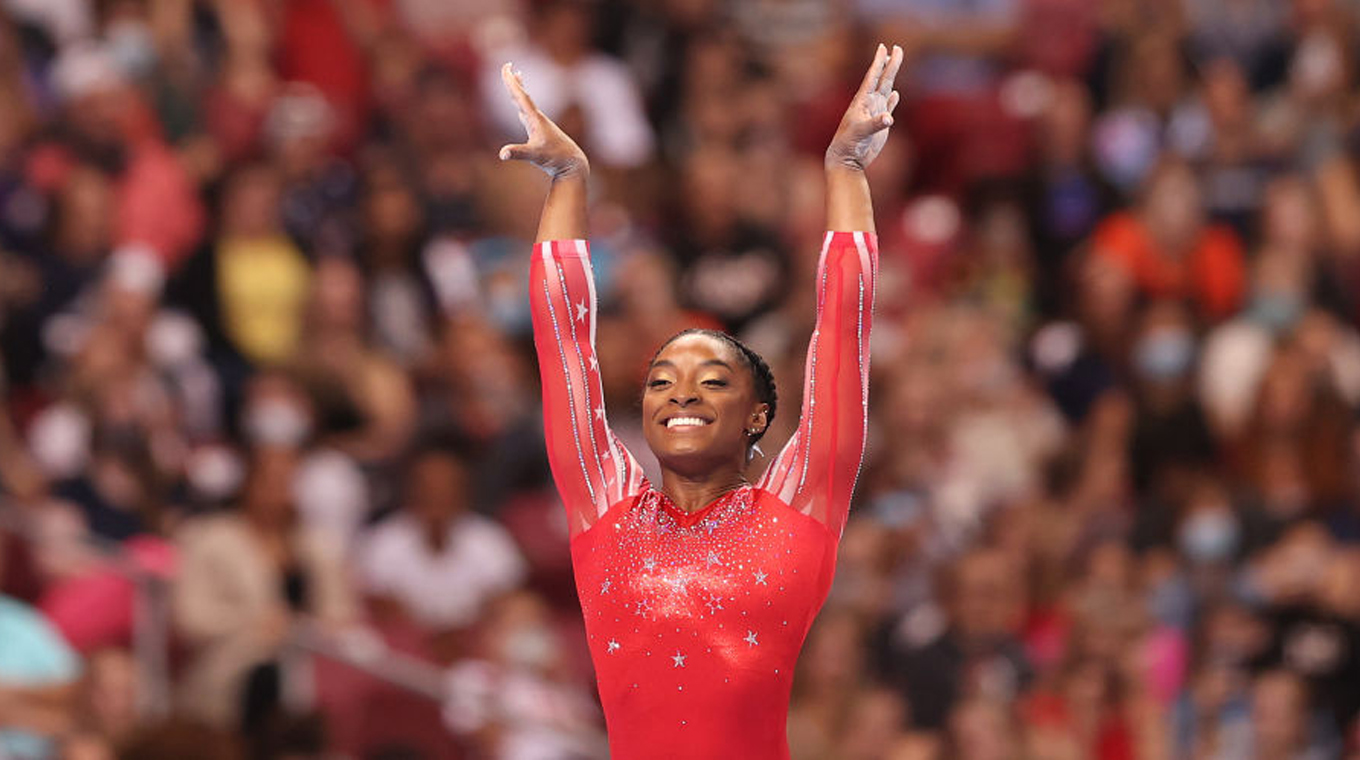
Over the last year, a long-overdue awakening around systemic racism was set into motion after the tragic death of George Floyd. We can hope that in time these barriers to BIPOC success will diminish. In the meantime, as we continue to fight injustices and right the wrongs, we can look ahead to the myriad of success stories such as these:
Simone Biles
The gymnastic superstar will be contending for five gold medals in Tokyo. If she does get all five, she will have achieved the title of one of the Greatest Olympians Ever.
Jordan Chiles
The former roommate of Simone Biles, gymnast Chiles will be vying for her very first Olympic medal in Tokyo.
Carissa Moore
The professional surfer and Hawaii native is a strong contender this year and will likely be bringing home some hardware.
Noah Lyles
The sprinter, who ran the 200-meter with the fastest time on the planet this calendar year, will head to his first-ever Olympic Games in Tokyo.
The Tokyo Olympic Games will take place July 23 through August 8 and The Paralympics begin on August 24th and run through September 5th.


